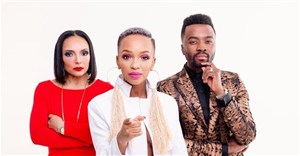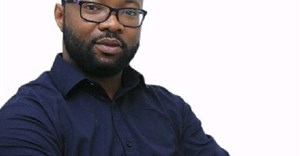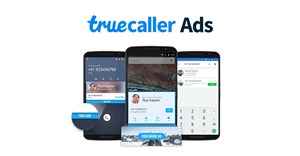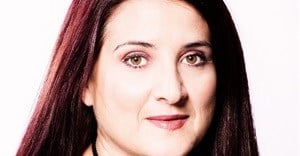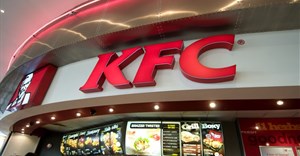The rise and rise of 'Wakanda' marketing
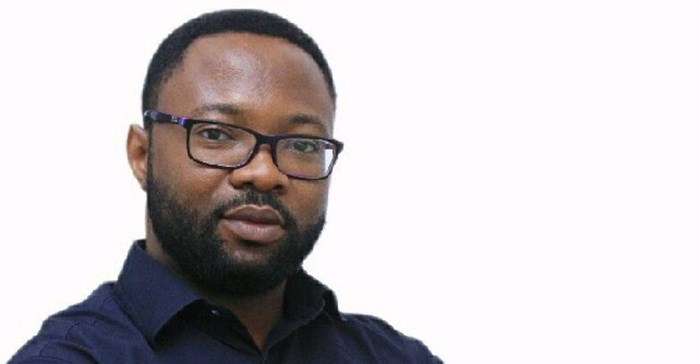
Few examples are The Wicker Man, Robocop, Gone in 60 Seconds, and King Kong. There’s hardly any originality. On the contrary, in advertising, the opposite rule applies. If it has been done before, never repeat or do anything remotely similar. Originality is a MUST.
So why compare both industries? After all, they are not mutually exclusive. We’ll get to that shortly.
Hollywood investors and stakeholders are unrepentantly risk-averse. They rely strongly on the success of previous models to make new films, which is why many blockbusters appear so cookie-cutter in plot and characters.
However, in 2014, one man sought to shatter that stereotype. His name is Nate Moore, Marvel film division’s only black producer at the time. Moore was able to convince Marvel Studios president, Kevin Feige, about the need for a lead African superhero whose story was worth telling; one who could stand on par with Ironman and Captain America.
Black Panther’s unique marketing strategy
This is not an article about Nate Moore or his personal exploits. I’m more interested in his marketing strategy. Moore supervised the telling of a superhero story that included a market that was neglected at the time - the African and African American consumer. With Black Panther came a new kind of storytelling: one that celebrated cultural backgrounds and strengths.
The Black Panther story not only empowered the African continent and its people, it also enriched the content of Hollywood’s stereotypical plots. The movie had over 90% black cast, including its director, Ryan Coogler, who was somewhat a rookie at the time.
Black Panther championed the power of inclusion by having major African representation and a plot rich in African diversity, nuances and sophistication.
Research played a huge part in its entertainment potential, drawing global attention to our language, lifestyle and long forgotten practices. Even the characters had their unique handshake. The movie’s original soundtrack, sung by African American rapper, Kendrick Lamar, was strongly influenced by African rhythm.
The result? A resounding blockbuster success worth $1.3 billion and counting.
The African consumer
According to Nigerian marketing guru, Feyi Olubodun, the African consumer is a villager, hence this fictional story about an Afrofuturistic utopia tapped into our aspirational mindset. It convinced us that such a world was not impossible despite the perception of Africa as a long-struggling continent.
Somehow, we could relate to this imaginary world, and many of us didn’t mind churning out cash to see it again and again. In fact, if you recall, some of us thronged to the cinemas in our agbadas and kaftans, trying to mimic T’Challa’s confident swagger.
No doubt, Marvel execs struck vibranium with this cultural marketing strategy, which I like to call ‘Wakanda marketing’, after the fictional country (of the same name) in the movie. All its advertising communication was dripping wet with African cues.
Wakanda marketing in music and branding
Many movies and brands have adopted a similar move in their targeting. Prior to the premiere of Disney’s remake of Lion King, R and B star, Beyonce, launched her album, Lion King: The Gift, which she describes as a love letter to Africa.
The album’s sound leans strongly towards afrobeat and features notable African artistes such as Wizkid, Burna Boy, Tiwa Savage, Busiswa and Shatta Wale, to mention a few. Will this engender African audiences to the movie and ultimately Beyonce’s album? Time will tell.
Locally, I have seen businesses towing the same path in their advertising. From electronics products that claim to be powered by vibranium-like technology; to small barbershops that “bring out the Wakanda in every man”, it’s open season and we are targets.
Needless to say, Wakanda marketing has taken root and is growing. Hollywood - and brands in general - have discovered a lucrative opportunity, and we may see more storytelling enriched with African style and culture in the near future.




